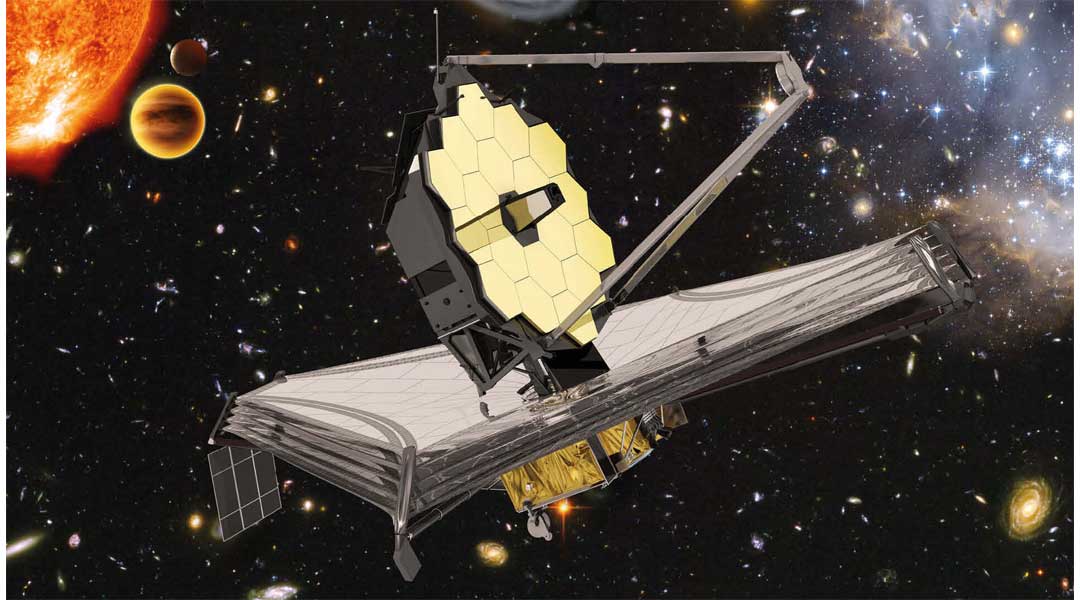Silicon Valley Astronomy Lecture February 3, 2021

Tags: Silicon Valley Astronomy Lecture Series, Astronomy, JWST
Time: Wednesday, Feb 03, 2021 -
Location: Online
On Wednesday, Feb. 3, 2021 at 7 pm, Nobel Prize winner Dr. John Mather, the Senior Project Scientist on the James Webb Space Telescope, will give a free, illustrated, non-technical talk on:
”Cosmic Instability: How a Smooth Early Universe Grew into Everyone You Know.”
Online at YouTube: http://www.youtube.com/SVAstronomyLectures
[if you go to this address the evening of the talk, you will see and be able to participate in the live event; we will also make a recording]
The talk is part of the Silicon Valley Astronomy Lecture Series (through Foothill College), now in its 21st year.
Gravity made stars, stars made heavy elements, gravity and chemistry made planets, geology and biology made people, and people made telescopes. What we would like to know is hard it all was, and could it happen elsewhere. The James Webb Space Telescope, planned for launch in October 2021, will extend the discoveries of the Hubble with a much bigger mirror, cooled to low temperatures so it can observe infrared radiation. It will have detectors capable of observing a bumblebee at the distance of the Moon! Dr. Mather will show the telescope, describe its capabilities, and discuss what it might find. We expect to see the history of the universe laid out before us, from the first luminous objects to our local neighborhood, and to answer questions like: How did the galaxies and black holes first form and grow? Are there Earth-like planets out there? How can we tell if they harbor life?
Dr. John C. Mather is a Senior Astrophysicist and the Senior Project Scientist for the James Webb Space Telescope, at NASA’s Goddard Space Flight Center. His research centers on infrared astronomy, cosmology, and the development of new instruments for exploring the universe. He was the Project Scientist and a Principal Investigator for the Cosmic Background Explorer Satellite -- with which the left-over radiation from the Big Bang was measured precisely for the first time. He has received numerous awards, including the Nobel Prize in Physics (2006), and three honorary doctorates.
The lecture is co-sponsored by:
- The Foothill College Science, Tech, Engineering & Math Division
- The SETI Institute
- The Astronomical Society of the Pacific
- The University of California Observatories (including Lick Observatory)
Past lectures in the series can be found on YouTube at http://www.youtube.com/SVAstronomyLectures
